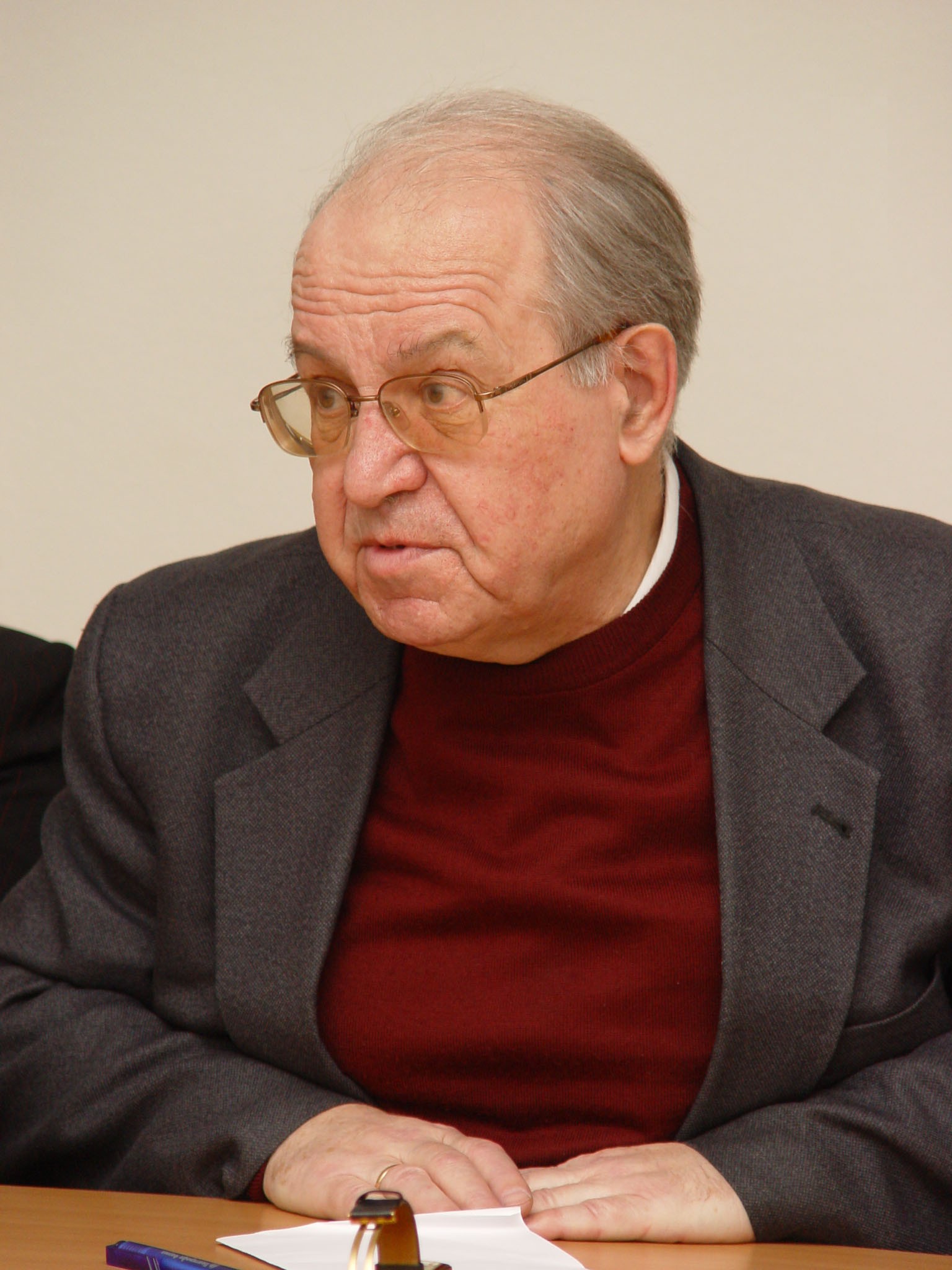
V A Lektorsky 1980
Preface to the English Edition
Chapter 1. Interpretation of Cognition as Interaction of Two Natural Systems
1. Interpretation of Knowledge as the Result of a Causal Effect of the Object on the Subject
2. The Theory of Cognitive “Equilibrium” Between Subject and Object
3. The View of Cognition as an Ensemble of the Subject’s Physical Operations
Chapter 2. The Interpretation of Cognition as Determined by the Structure of Consciousness
1. The Problem of Substantiating Knowledge and “Radical” Reflection
2. Transcendental Subject, Empirical Subject. The Conception of Self-Certainty of Transcendental Consciousness
3. The Fact of Knowledge and the Transcendental Interpretation of the Conditions of Its Possibility
4. The Conception of the “Life World” and Uniqueness of Place of Empirical Subject in the Structure of Experience
5. The Interpretation of Cognition as Conditioned by the Individual Consciousness
Cognition as Socially-Mediated Historically Developing Activity of Reflection
Chapter 1. Reflection. Object-Related Practical Activity and Communication
1. Sensory Information and Object-Related Knowledge
2. Illusions and Reality
3. Cognition and Object-Related Practical Activity
4. Reification of Knowledge, Communication, and the Social Nature of Cognition
Chapter 2. Theory and the World of Objects
1. Observable and Non-Observable Objects
2. Idealised and Real Objects
Chapter 3. Worlds and the Problem of Continuity of Experience
1. Objectiveness of Knowledge and the Possibility of a Gap Between Perceptive and Conceptual Systems
2. The Conception of Ontological Relativity
3. Translation and the Problem of Understanding
4. “Other Worlds” and the Successive Replacement of the Forms of Objectification of Knowledge
Chapter 4. Reflection about Knowledge and the Development of Cognition
1. Self-Consciousness and Reflection. Explicit and Implicit Knowledge
2. Substantiation and Development of Knowledge
3. Reflection as a Unity of Reflection and Transformation of Its Object
4. The Collective Subject. The Individual Subject
5. How Is a Theory of Cognition Possible?
The Dialectic of Subject and Object and the Methodology of Science, V.A. Lektorsky 1977